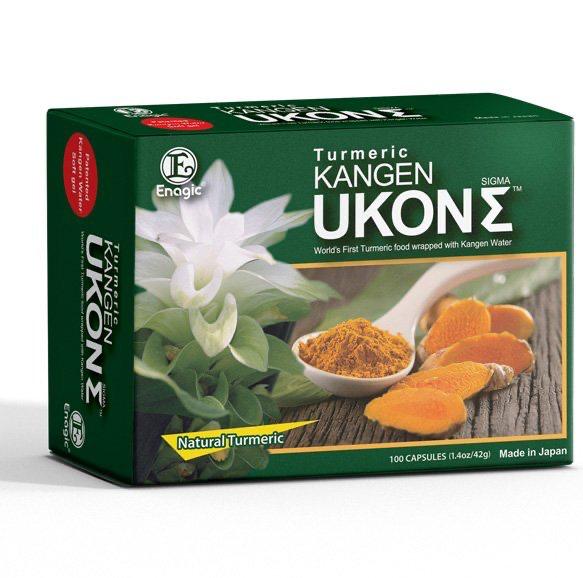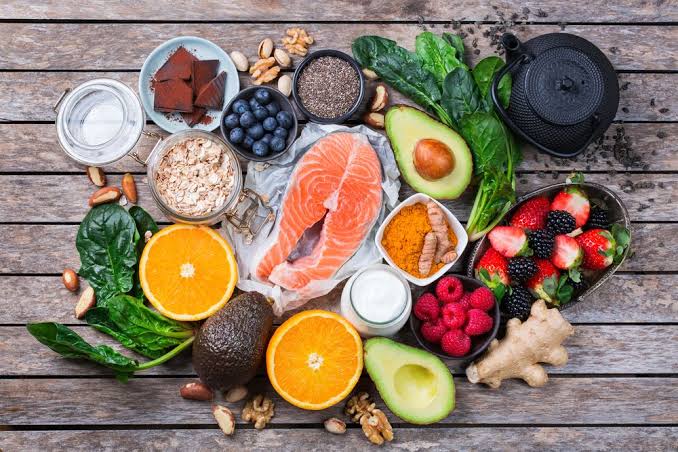9 Foods That Can Help You Reduce Your Stress
Stress, especially chronic stress, significantly impacts your well-being and can harm your health in a number of ways, such as increasing your risk of medical conditions like heart disease.
Although it’s impossible to avoid all stressors, minimizing stress in your life and supporting your body’s ability to deal with and regulate stress could go a long way toward bettering your mental and physical health.
Though many factors impact your stress levels, following a nutritious diet that prioritizes foods linked to better mental health may help improve your mood and decrease stress, anxiety, and depressive symptoms.
Here are 10 foods that may help relieve stress, plus foods to avoid.
 Learn More
Learn More1. Fatty Fish
Fatty fish, like salmon, tuna, trout, and sardines, are high in stress-relieving compounds such as omega-3 fats, L-tryptophan, L-tyrosine, and vitamin D. L-tryptophan and L-tyrosine are amino acids concentrated in fatty fish that are necessary for the production of the mood-regulating neurotransmitters dopamine and serotonin.1
Studies show that diets rich in tryptophan and other amino acids like L-tyrosine may have a beneficial effect on mental health and may help improve mood, decrease stress, and reduce symptoms of anxiety and depression.2
The omega-3 fats found in fatty fish may also have stress-relieving properties. Omega-3s may help reduce stress and anxiety by reducing inflammation and impacting areas of the brain involved in stress response and mood regulation. What’s more, studies show that diets higher in omega-3s are linked to improved mood and lower levels of anxiety and depression.3

2. Beans and Lentils
Diets high in legumes, like beans and lentils, have been linked to a number of health benefits, from reduced heart disease risk to improved mood. Beans and lentils contain several nutrients involved in mood regulation and stress response, including amino acids like L-tryptophan and minerals like magnesium.
A 2022 study that included 8,640 people found that people with higher intakes of legumes were 26% less likely to have high levels of perceived stress. The researchers noted that legumes are rich in fiber and antioxidants such as polyphenols and carotenoids, which decrease oxidative stress and inflammation in the body. Studies show that stress can activate inflammatory responses in the body and that people with elevated stress and anxiety levels tend to have higher levels of inflammation and oxidative stress.4
READ ALSO 9 things you need to do if you’re finding it difficult to sleep on daily basis
Therefore, eating legumes may help lower stress-induced inflammation and reduce perceived stress.
3. Berries
Berries are rich in antioxidant and anti-inflammatory compounds as well as vitamins and minerals that are involved in cognitive function, mood regulation, and stress response.
High dietary intake of fruits and vegetables, including berries, has been associated with lower perceived stress. A 2022 study found that, compared to those with the lowest fruit intake, participants with the highest fruit intake had 16%, 25%, and 27%, lower odds for lack of joy, worries, and tension, respectively.5
Diets rich in berries have also been linked to higher levels of optimism, reduced levels of psychological distress, and protection against depressive symptoms.6
4. Apples, Pears, Bananas, and Citrus Fruits
While increasing your intake of fruits in general may help reduce stress, a 2022 study found that eating specific fruits was associated with lower stress levels.
The study found that, compared to those with the lowest intakes, the study participants with the highest consumption of bananas, oranges and other citrus fruits, and apples and pears had a 24%, 25%, and 31% lower risk of having high perceived stress, respectively.5
The researchers suggested that the high amount of minerals, vitamins, and other phytochemicals found in these foods contribute to their stress-relieving properties.
READ ALSO 🔺12 ways to think smarter on daily basis
5. Leafy Greens and Cruciferous Vegetables
Arugula, romaine lettuce,dill, parsley, cilantro, green onion,basil, cucumber and spinach bunches on wooden background viewed from above
Leafy greens and cruciferous vegetables, like Swiss chard, spinach, and broccoli, are high in stress-reducing nutrients and plant compounds such as vitamin C, carotenoids, and magnesium.
Magnesium plays an essential role in your body’s stress response, and underconsuming magnesium can negatively impact your ability to deal with stress. Unfortunately, studies show that stress can increase magnesium loss through the urine, which can increase the risk of magnesium deficiency and low magnesium stores can enhance the body’s susceptibility to stress. In fact, people who are frequently stressed tend to have lower blood levels of magnesium compared to people who aren’t typically stressed.9
Increasing your intake of magnesium-rich foods, like greens, could help increase your magnesium levels and may help reduce stress. Just one cup of cooked spinach provides nearly 40% of your recommended intake for this nutrient.10
Research findings also suggest that people who follow diets rich in cruciferous vegetables, like broccoli, cauliflower, and Brussels sprouts, have lower levels of perceived stress compared to people who don’t.5
6. Hemp Seeds
Hemp seeds are another excellent source of magnesium. A three-tablespoon serving of hemp seeds covers 50% of your daily magnesium needs and also provides other essential nutrients that are involved in stress response, such as zinc.11
Low zinc levels may affect your mood and have been linked to anxiety symptoms. Zinc may help reduce anxiety and ease stress by acting on certain neurotransmitters, such as GABA and glutamate. Low zinc levels may decrease GABA and glutamate, which may worsen anxiety, while optimal zinc levels may have an anxiety-reducing effect.12
A 2023 review of nine studies found that people with anxiety had lower levels of zinc in their blood compared with people without anxiety. The review also found that zinc consumption was associated with lower anxiety levels.13
A 3-tablespoon serving of hemp seeds covers 27% of the Daily Value (DV) for zinc, making hemp seeds a smart choice for boosting your intake of this essential mineral.
7. Cocoa Products
Cocoa products, like cacao nibs and cocoa powder, may help relieve stress and boost mood. Study findings suggest that eating cocoa products may lead to short-term improvements in mood and reduce symptoms of anxiety and depression.14
Cocoa products may help improve mood and reduce stress by improving blood flow in the brain and interacting with neurotransmitters involved in mood regulation.
A small 2014 study that included 60 students found that the consumption of 40 g of dark and milk chocolate per day for two weeks significantly decreased average stress scores compared to baseline. However, the stress-reducing effects of the chocolate treatment were more significant in the female participants than the males.15
8. Avocados
Avocados are rich in magnesium and fiber, both of which may help reduce stress. Fiber helps decrease inflammation in the body, which may, in turn, decrease stress levels.
People under high stress and those with anxiety have been shown to have elevated markers of inflammation compared to the general population. Eating more fiber-rich foods may help reduce the body’s inflammation levels, which may help relieve stress.
A 2021 study of 3,362 people found that, compared to people with the lowest fiber intake, people with the highest fiber intake had a 29% and 33% lower risk of high psychological distress and anxiety, respectively. A 7-ounce avocado contains 13.5 g of fiber, which covers 48% of your daily needs.16
9. Fermented Foods
Fermented foods, are best known for their gut health-promoting effects, but these foods may also positively influence your mood and stress levels. The gut and the brain are closely linked, and choosing foods that support a healthy gut bacteria community may help improve your mental well-being.
Studies show that fermented foods may influence stress hormones and help reduce stress perception. In a 2023 study that included 45 people, the participants were randomized to follow a psychobiotic diet (foods known to influence the microbiota) which included fruits, vegetables, grains, legumes, and two to three servings of fermented foods such as sauerkraut, kefir, or kombucha per day, or a control diet for four weeks. At the end of the four-week intervention, those following the psychobiotic diet reported a statistically significant 32% decrease in perceived stress, which was not observed in the control diet group. People who strictly adhered to the diet had more significant decreases in perceived stress scores.17













![The 17 Habits Of Truly Wealthy People That you can easily adopt now [Real powerful stuff]](https://worldfamilydigest.com/wp-content/uploads/2022/02/FA033A84-800B-424D-8DEA-2BB8AD9E91F6-100x70.jpeg)

